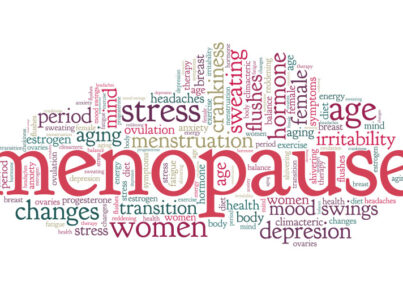Athens Bnews Blog το Ευρωπαϊκό κανάλι της Αθήνας για την αναμετάδοσης ειδήσεων από την Ευρώπη και τον Κόσμο.
Σήμερα, περισσότερο από ποτέ, στο επίκεντρο όλων των εργασιών με αναφορές του από όλη την Ευρώπη και τον κόσμο, παρέχοντας απαράμιλλη κάλυψη των ευρωπαϊκών υποθέσεων σε θέματα Υγείας, Εργασίας, Τεχνολογίας, Πολιτισμού και όλα τα νέα που επηρεάζουν την Ζωή μας, επωφελούμενοι την πολυπολιτισμική και πολύγλωσση, απαράμιλλη ευρωπαϊκή τεχνογνωσία.
Athens Euronews Blog the European channel of Athens for the relay of news from Europe and the World.
Today, more than ever, he is at the center of all his work with reports from all over Europe and the world, providing unparalleled coverage of European affairs on Health, Labor, Technology, Culture and all the news that affects our Lives, benefiting from multicultural and multilingual, unparalleled European know-how.





La resilienza dei sistemi sanitari durante la COVID-19: lezioni per costruire meglio
Di: A Sagan, E Webb, N Azzopardi-Muscat, I de la Mata, M McKee, J Figueras
Pubblicato da: Organizzazione Mondiale della Sanità 2021 (in qualità di organizzazione ospitante e segretariato dell'Osservatorio europeo sui sistemi e le politiche sanitarie).
Health Policy Series 56
Number of pages: 108; ISBN: 978 92 890 5187 3
Freely available for download: https://tinyurl.com/27na68u2
The COVID-19 pandemic represents a health system shock of unprecedented scale. Health systems resilience – defined as the ability to absorb, adapt, and transform to cope with shocks – is needed to ensure sustained performance of the health system functions (governance, financing, resource generation, and service delivery) so that the ultimate health system goals, especially that of improving health of the population, can be achieved. As we have witnessed, few countries could achieve this goal and even fewer could do so in a sustained way – leaving all countries with important lessons to learn. The lessons derived in this study can inform both the ongoing efforts, while countries are still grappling with the pandemic, as well as help ensure these efforts also incorporate a longer-term perspective, thus improving preparedness to any future health system shocks.
This study is targeted at policymakers and has two aims. First, it provides national policymakers with evidence from other countries to assess their own responses to COVID-19 and incorporate adjustments that are appropriate for their national contexts. To this end the study offers examples of assessment areas for each of the identified strategies that can be used as the first step in national assessments of health systems resilience.
Second, the findings and lessons contained in the study enable us to draw experience from the COVID-19 pandemic to begin “building back better” to improve the response to future health systems shocks and hopefully even pre-empt them. This supports the transition from managing the crisis to achieving more resilient health systems and societies.